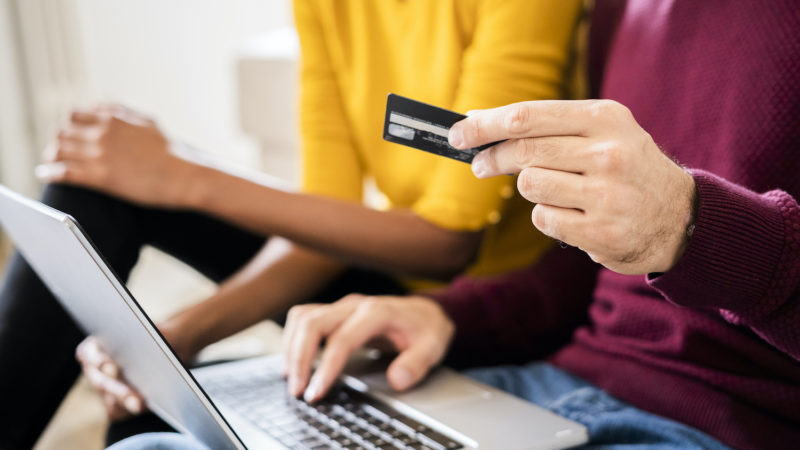Cashing in on COVID: ‘Reward spending’ post-lockdown represents a big opportunity for brands
Hardhat co-founder and behavioural economics expert Dan Monheit looks at the human desire to indulge in reward, with marketers set to reap the benefits.
We’re all about to fall off the shopping diet bandwagon with a thud, and binge ourselves silly.
As we emerge from lockdown in many states, there is a lot that has changed. But one thing that remains ever constant is our innate behaviour as humans.


